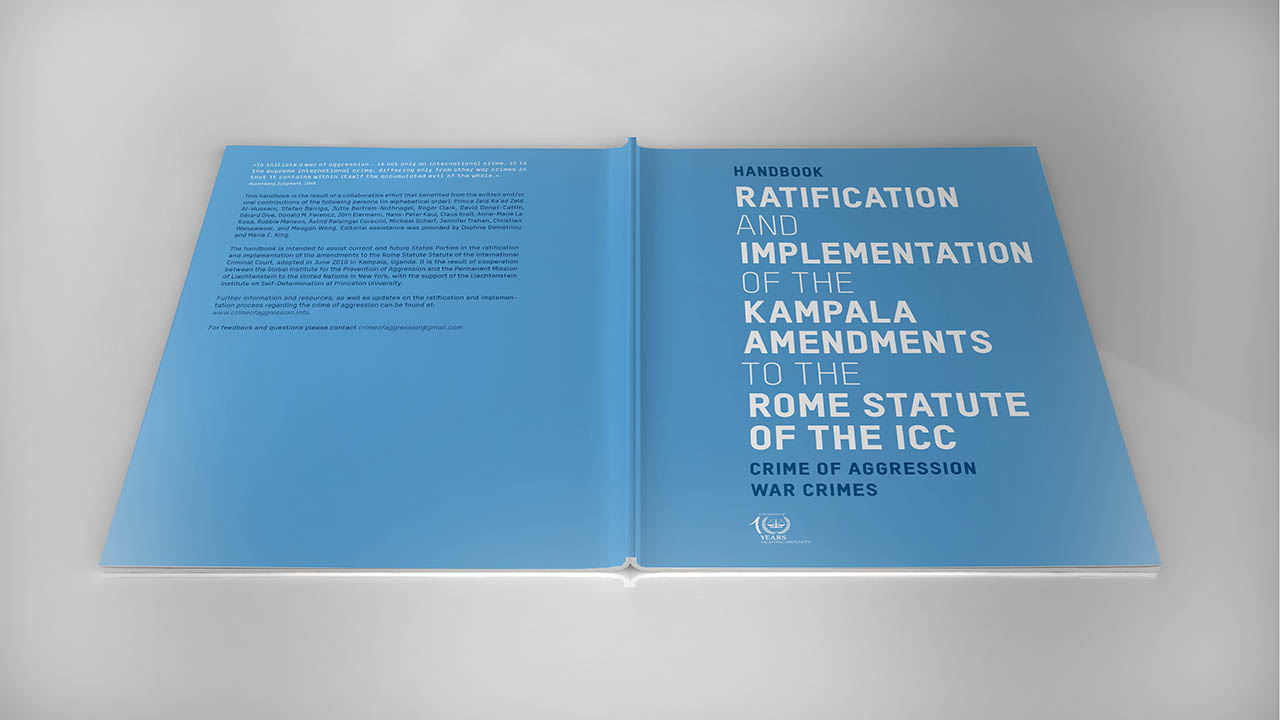Croatia signed the Rome Statute on 12 October 1998, and ratified on 21 May 2001, becoming the 32nd State Party.

As we celebrate International Justice Day on 17 July, PGA wishes to recall the importance of standing united in support of justice, victims’ rights, and the prevention of crimes that threaten peace, security, and well-being of our world.

PGA congratulates Croatia on ratifying four amendments to the Rome Statute on war crimes, including the most recent one on starvation as a punishable offence in non-international armed conflicts.

Parliamentarians celebrate Croatia ratification of the Kampala Amendments to the Crime of Aggression Press Releases News Center
